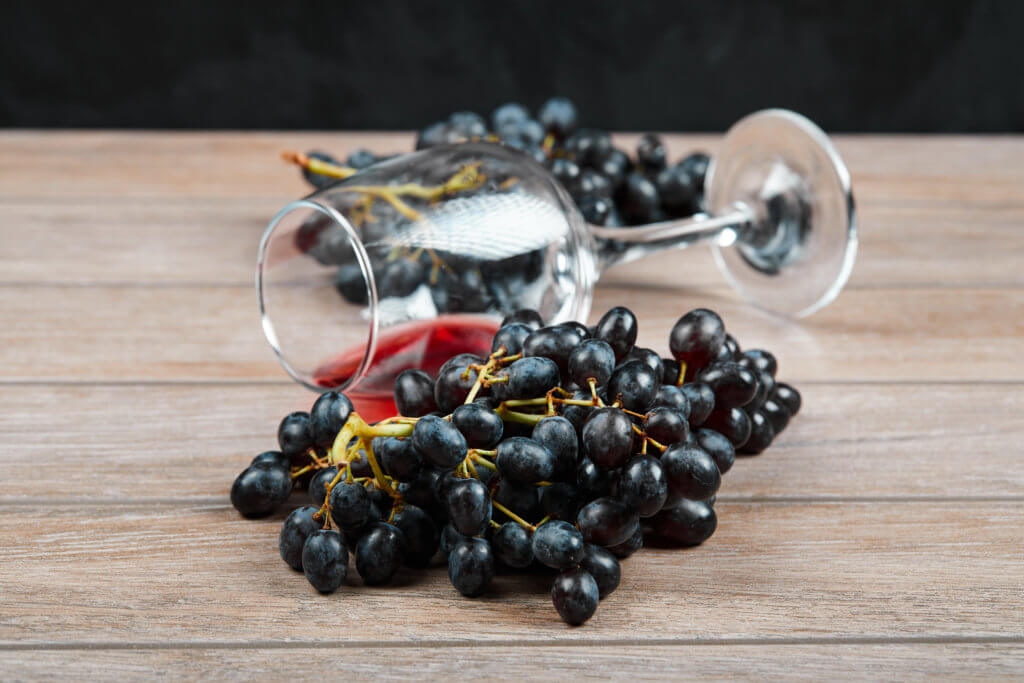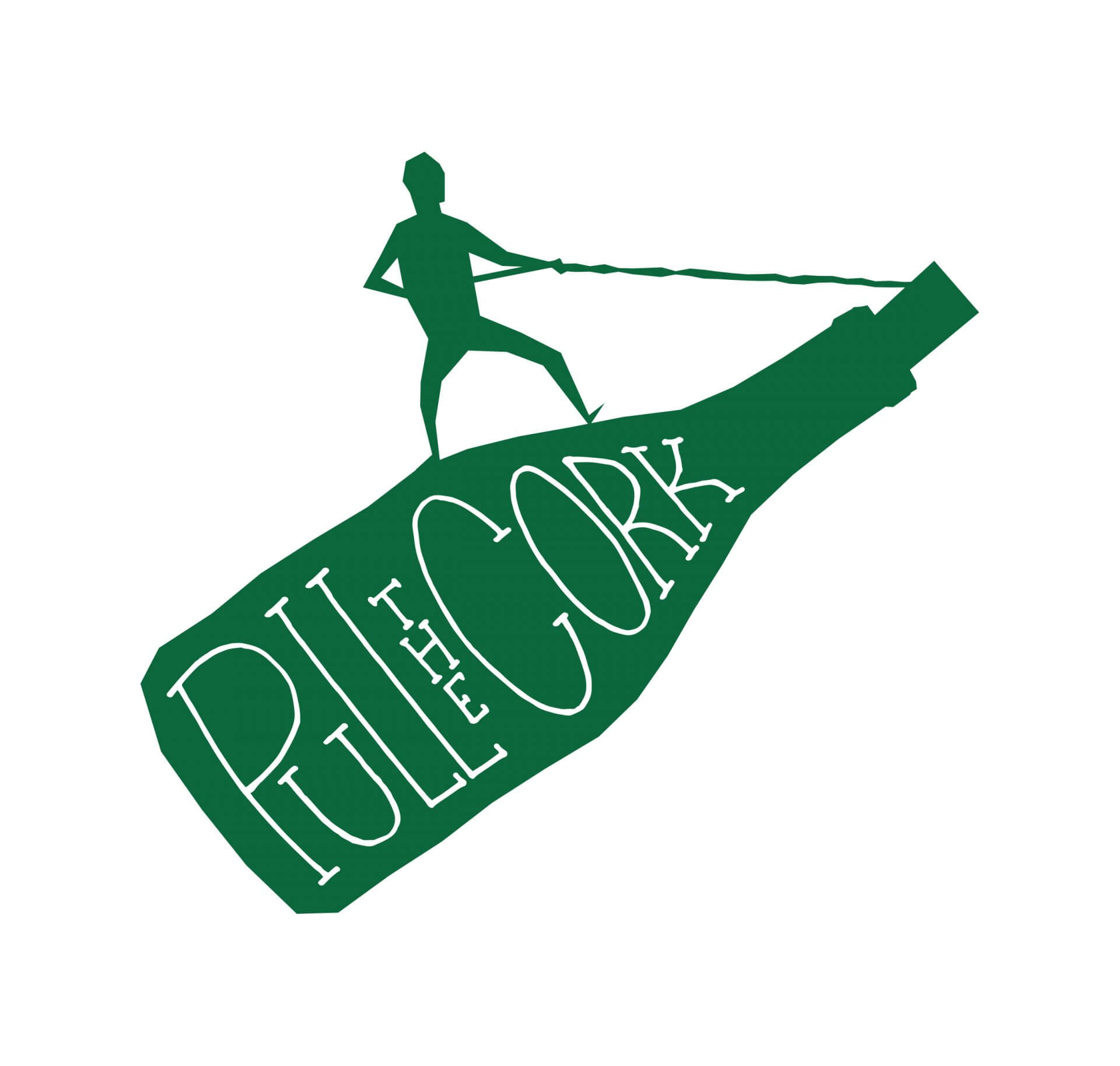Health & Wine, Histamines
Histamine Free Wine Or Low Histamine Wine – Is It a Thing?
Histamine free wine, is it a thing?
Do you experience unexplained headaches when drinking wine? Does your face flush when you drink red wine?
If you’ve suffered from seasonal allergies or food allergies, you may have noticed that antihistamine medications like Zyrtec, Allegra or Benedryl provide quick relief of your symptoms. This is because histamine is causing an immediate inflammatory response in the body.
So, if you answered yes to either of these questions, then you could be experiencing an allergic reaction.
Histamine in wine: histamine intolerance and headaches
What is histamine? Histamine is a chemical involved in your immune system, proper digestion, and central nervous system.
As a neurotransmitter, histamine communicates important messages from your body to your brain. It is also a component of stomach acid, which is what helps you break down food in your stomach. You might be most familiar with histamine as it relates to the immune system.
Histamine serves as a red flag in your immune system, notifying your body of any potential attackers. It causes your blood vessels to swell, or dilate so that your white blood cells can quickly find and attack the infection or problem.
The histamine buildup is what gives you a headache and leaves you feeling flushed, itchy and miserable.
This is part of the body’s natural immune response, but if you don’t break down histamine properly, you could develop what we call histamine intolerance. Why? Because it travels throughout your bloodstream, histamine can affect your gut, lungs, skin, brain, and entire cardiovascular system, contributing to a wide range of problems often making it difficult to pinpoint and diagnose.
In short, those with histamine sensitivities should stick to natural wine!

Why Should I Move to Natural Wine if I am allergic to Histamines?
Natural wines contain very low levels of histamine content making them almost histamine free wines – although you wouldn’t know this as most wine labels don’t’ legally have to show this kind of information, you’ll just have to take my word for it!
Yasmine from the Healing Histamine blog explains that there are other things in wines that contain histamine, that you should be aware of:
- Sulphur dioxide: a preservative used in winemaking. It can cause dermatitis, hives, flushing, GI issues and more. It has been shown to cause symptoms of asthma by causing mast cells to freak out and dump inflammation into the bloodstream.
- Ammonium sulphates: a preservative that causes nausea, vomiting and GI issues. It also causes histamine release in the body.
- Commercial yeasts: a known histamine trigger.
Before you go and blame your headache on the Big H, please be aware that the official intolerance (HIT) affects around one per cent of the population, almost all of them middle-aged.
So, the most effective way to avoid wine headaches is choosing to drink wines with low histamine levels, such as Grampians Grenache red wine.
Are natural wines histamine free wines?
The more commercial wines on the shelves these days can have more sugar in wine because they are adding sugar to increase the alcohol content, they do this for artificial help. When you drink a glass of all natural wine, you don’t have to worry about consuming these common nasties and you certainly don’t have have to consider the authenticity of the flavours that you are tasting either!
Where can I buy natural wines?
What can you expect from natural wines? They cause less of the killers that commercial wines do. The usual cause of your wine headache is most likely histamine intolerance or when your body has an allergic reaction to this pesky compound.
As good histamine free wines are very hard to get hold of, check out our mixed cases of Natural Wines or browse our wine offers and find your favourite one.


I am interested in purchasing some wines however I have a diagnosis of serious histamine allergy. Can you tell me what the actual histamine and sulphite levels are in your wine?
Hey Norma, we have over 300 wines, if you could kindly let us know which wines you were interested in, I can contact the producers and get some answers for you.
Hello,
I have developed a histamine intolerance and have been put on a low histamine diet. I can just about cope but I do love wine and would be very sad to stop enjoying it. I like white wine, a Sauvignon ideally with a budget of around £15/bottle. I would so appreciate some guidance. Thank you
Hi Clare, if you head to the wine pages, there is a category for low histamine wines 🙂
Bodegas Menade’s Verdejo is certified Histamine free…
It would be great if you could clarify on your website which wines actually come into the low histamine category, I’m keen to buy some wines but react badly to Hugh histamine wines 🙁
Amelia, we now have an option to filter through the low histamine wines.
Hi there, great website. I would like to buy some white and rose low histamine and low / no sulphur wine as I am asthmatic and it helps! I can’t find the filter for low histamine? Or should I just use the Natural and Low Suplhur filter? Alternatively please recommend one or two bottles of each and I will try them. Thanks v much.
Hi Liz, click on “See All” you will then see the category “Low Histamine”.
Hi, I believe this is a very important subject and it’s important to do some scientific fact checking, as natural wines are not necessarily low histamine. Further, there are other issues with natural wines that consumers need to be aware, such as stability and oxidation, which are major issues in natural wines. Less than 2% of the global population has a genuine sulphur allergy and it’s generally detected at a very young age. Sulphur has been used for thousands of years as an anti-bacterial and anti-oxidant and is used widely in organic farming and in many home gardens. Sulphur has many positive health attributes including protecting against cancer, lowering blood sugar and lowering bad cholesterol. Here onions win, as they have a far greater sulphur content than a bottle of wine. Another contribution to histamine reactions and headaches is dehydration – be sure to remind consumers that staying hydrated (8 glasses a day +) is essential to fending off headaches or simply drink a glass of water for every glass of wine consumed. I realise that it’s not a straightforward exercise however drinking the best quality one can afford is always recommended. Also reach out to the respective producers, family owned companies especially are generally very good about answering consumers questions. Cheers!
Thank you, Kelly, if you read deeper into our blog you will find more articles on sulphur and the impacts it has: https://pullthecork.co.uk/is-organic-wine-sulphite-free/